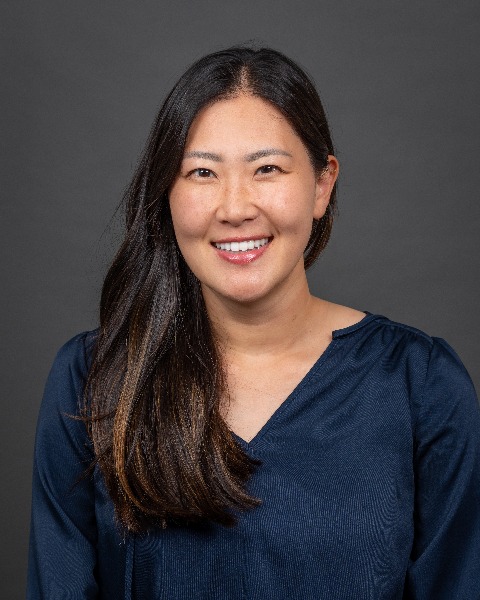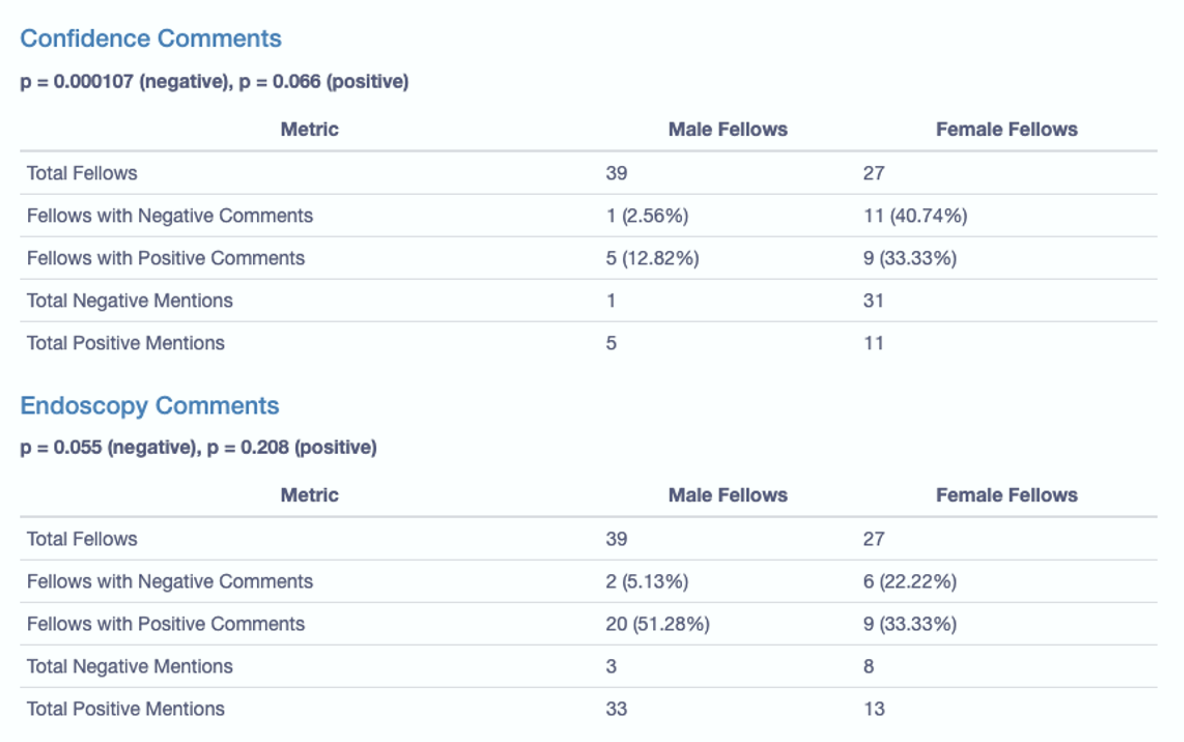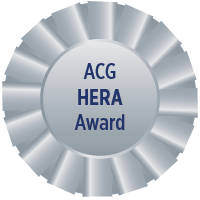Tuesday Poster Session
Category: Practice Management
P6188 - Gender-Based Differences in Self-Evaluation and Faculty Feedback Among Gastroenterology Fellows
Tuesday, October 28, 2025
10:30 AM - 4:00 PM PDT
Location: Exhibit Hall

Erin Song, MD
University of California San Diego Health
San Diego, CA
Presenting Author(s)
Erin J. Song, MD1, Hanchang Cai, BS2, Monica Tincopa, MD3, Heather Patton, MD2, Irine Vodkin, MD1, Xinlian Zhang, PhD2, Denise Kalmaz, MD1
1University of California San Diego Health, San Diego, CA; 2University of California San Diego, San Diego, CA; 3UCSD, San Diego, CA
Introduction: Self-assessment and formal feedback are integral to medical training. We investigated gender-based differences in self and faculty evaluations among gastroenterology fellows.
Methods: Using longitudinal self and faculty evaluations from a single fellowship program, we analyzed six ACGME competencies, procedure volumes (number of esophagogastroduodenoscopies and colonoscopies), GTE (Gastroenterology Training Examination) scores, and narrative feedback categorized into positive and negative associations for confidence and endoscopy related feedback. 66 fellows from 2007 to 2025 were included. All data were de-identified and blinded with regard to gender prior to analysis. Data were stratified by gender and reviewed every 6 months over 3 years. A Fisher’s exact test was used to analyze narrative feedback. For trends in self-evaluation across domains, scores were averaged within each academic year, then Spearman correlations between self-ratings and faculty ratings calculated and stratified by gender.
Results: Negative feedback related to confidence were more frequent in evaluations of female fellows (41% vs. 3%; p=0.0001), despite no differences in faculty evaluations, number of procedures, and GTE scores. Positive comments related to endoscopy were more common for male fellows, though not statistically significant (51% vs. 33%, p=0.21). Although faculty evaluations were similar across genders, female fellows tended to give lower self-evaluation scores especially early in training, though this was also not statistically significant. Interestingly, male fellows' self-evaluations showed greater alignment with procedural volume and faculty ratings over time, while female fellows exhibited more variability and even negative correlations.
Discussion: Despite similar objective performance, female fellows received disproportionately more negative feedback about confidence. Female self-evaluations were variable and showed weak correlation with faculty evaluations and procedural volume. These findings suggest gender-based differences in faculty commentary and self-assessment, which may lead to divergent confidence trajectories. This can perpetuate imposter syndrome in female trainees, where capable individuals doubt their abilities despite evidence of competence. Faculty development efforts should address implicit bias in narrative feedback to support equitable trainee growth. Additionally, gender-related differences in how trainees internalize feedback warrant further exploration.

Figure: Figure 1. Word cloud analysis of qualitative faculty evaluations by gender. Negative confidence-related feedback appeared in 41% of female fellows compared to 3% of male fellows (p = 0.0001), despite comparable objective performance. No statistically significant gender differences were seen in positive confidence or endoscopy-related comments.

Figure: Figure 2. Gender-based trends in self-evaluation across domains.
Each plot looks at one ACGME competency per year; a positive slope is seen when the faculty score rating is consistent with self-rating. There is a general trend in which male fellows’ self-evaluations become positively correlated, or adjusting to the faculty evaluation scores over time. However, with female fellows, there seems to be more variability and randomness in the self-evaluation scores compared to faculty scores, with less correlation between self-evaluation and faculty scores.
Disclosures:
Erin Song indicated no relevant financial relationships.
Hanchang Cai indicated no relevant financial relationships.
Monica Tincopa indicated no relevant financial relationships.
Heather Patton indicated no relevant financial relationships.
Irine Vodkin indicated no relevant financial relationships.
Xinlian Zhang indicated no relevant financial relationships.
Denise Kalmaz indicated no relevant financial relationships.
Erin J. Song, MD1, Hanchang Cai, BS2, Monica Tincopa, MD3, Heather Patton, MD2, Irine Vodkin, MD1, Xinlian Zhang, PhD2, Denise Kalmaz, MD1. P6188 - Gender-Based Differences in Self-Evaluation and Faculty Feedback Among Gastroenterology Fellows, ACG 2025 Annual Scientific Meeting Abstracts. Phoenix, AZ: American College of Gastroenterology.
1University of California San Diego Health, San Diego, CA; 2University of California San Diego, San Diego, CA; 3UCSD, San Diego, CA
Introduction: Self-assessment and formal feedback are integral to medical training. We investigated gender-based differences in self and faculty evaluations among gastroenterology fellows.
Methods: Using longitudinal self and faculty evaluations from a single fellowship program, we analyzed six ACGME competencies, procedure volumes (number of esophagogastroduodenoscopies and colonoscopies), GTE (Gastroenterology Training Examination) scores, and narrative feedback categorized into positive and negative associations for confidence and endoscopy related feedback. 66 fellows from 2007 to 2025 were included. All data were de-identified and blinded with regard to gender prior to analysis. Data were stratified by gender and reviewed every 6 months over 3 years. A Fisher’s exact test was used to analyze narrative feedback. For trends in self-evaluation across domains, scores were averaged within each academic year, then Spearman correlations between self-ratings and faculty ratings calculated and stratified by gender.
Results: Negative feedback related to confidence were more frequent in evaluations of female fellows (41% vs. 3%; p=0.0001), despite no differences in faculty evaluations, number of procedures, and GTE scores. Positive comments related to endoscopy were more common for male fellows, though not statistically significant (51% vs. 33%, p=0.21). Although faculty evaluations were similar across genders, female fellows tended to give lower self-evaluation scores especially early in training, though this was also not statistically significant. Interestingly, male fellows' self-evaluations showed greater alignment with procedural volume and faculty ratings over time, while female fellows exhibited more variability and even negative correlations.
Discussion: Despite similar objective performance, female fellows received disproportionately more negative feedback about confidence. Female self-evaluations were variable and showed weak correlation with faculty evaluations and procedural volume. These findings suggest gender-based differences in faculty commentary and self-assessment, which may lead to divergent confidence trajectories. This can perpetuate imposter syndrome in female trainees, where capable individuals doubt their abilities despite evidence of competence. Faculty development efforts should address implicit bias in narrative feedback to support equitable trainee growth. Additionally, gender-related differences in how trainees internalize feedback warrant further exploration.

Figure: Figure 1. Word cloud analysis of qualitative faculty evaluations by gender. Negative confidence-related feedback appeared in 41% of female fellows compared to 3% of male fellows (p = 0.0001), despite comparable objective performance. No statistically significant gender differences were seen in positive confidence or endoscopy-related comments.

Figure: Figure 2. Gender-based trends in self-evaluation across domains.
Each plot looks at one ACGME competency per year; a positive slope is seen when the faculty score rating is consistent with self-rating. There is a general trend in which male fellows’ self-evaluations become positively correlated, or adjusting to the faculty evaluation scores over time. However, with female fellows, there seems to be more variability and randomness in the self-evaluation scores compared to faculty scores, with less correlation between self-evaluation and faculty scores.
Disclosures:
Erin Song indicated no relevant financial relationships.
Hanchang Cai indicated no relevant financial relationships.
Monica Tincopa indicated no relevant financial relationships.
Heather Patton indicated no relevant financial relationships.
Irine Vodkin indicated no relevant financial relationships.
Xinlian Zhang indicated no relevant financial relationships.
Denise Kalmaz indicated no relevant financial relationships.
Erin J. Song, MD1, Hanchang Cai, BS2, Monica Tincopa, MD3, Heather Patton, MD2, Irine Vodkin, MD1, Xinlian Zhang, PhD2, Denise Kalmaz, MD1. P6188 - Gender-Based Differences in Self-Evaluation and Faculty Feedback Among Gastroenterology Fellows, ACG 2025 Annual Scientific Meeting Abstracts. Phoenix, AZ: American College of Gastroenterology.

